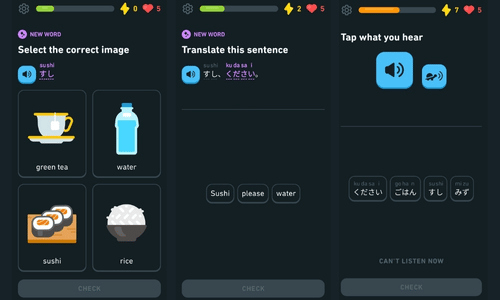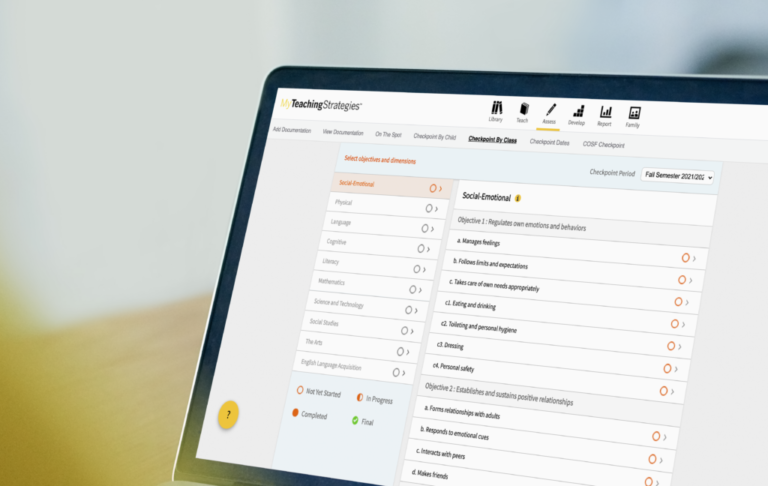English to Japanese translations can be a challenging task, especially for beginners. With a rich culture and complex language system, Japanese language translations require skill, attention to detail, and a deep understanding of the nuances of the language. In this article, we’ll provide a beginner’s guide to English to Japanese translations, including tips and tricks to help you get started.
Table of Contents
Understanding the Japanese Language
Before embarking on English to Japanese translations, it’s essential to have a solid understanding of the Japanese language. Japanese is a complex language with a unique writing system, consisting of three scripts: Kanji, Hiragana, and Katakana. Each script has its own set of characters and uses. Additionally, Japanese grammar can be challenging, with many rules and exceptions to learn.
Choosing the Right Translation Approach

When it comes to translating English to Japanese, there are several approaches to consider. One common approach is to use machine translation, which relies on software programs to automatically translate text. While machine translation can be helpful for simple translations, it may not be accurate for more complex texts.
Another approach is to hire a professional translator who has experience translating English to Japanese. Professional translators are skilled in the nuances of the language and can provide accurate and culturally appropriate translations.
Tips for English to Japanese Translations
Here are some tips to keep in mind when translating English to Japanese:
Understand the context: Japanese language relies heavily on context, and it’s essential to understand the intended meaning of the text before translating it. Pay attention to the tone, style, and purpose of the text to provide an accurate translation.
Use proper sentence structure: Japanese sentence structure is different from English, and it’s essential to follow the correct structure to ensure clarity and accuracy in the translation.
Be mindful of cultural differences: Japanese culture has its unique customs and practices, and it’s essential to be aware of them when translating text. This can include understanding honorifics, expressions, and idioms commonly used in Japanese culture.
Use appropriate language: Japanese language has many levels of formality, and it’s important to use the appropriate level of formality when translating text. This can vary depending on the audience, context, and purpose of the text.
Proofread and edit: Once you’ve completed the translation, it’s crucial to proofread and edit the text for accuracy, grammar, and style.
Challenges in English to Japanese Translations

English to Japanese translations can present several challenges, including:
Cultural differences: Japanese culture is vastly different from Western culture, and it’s essential to be aware of these differences when translating text. Failure to understand cultural nuances can result in inaccurate translations.
Kanji characters: Kanji characters, one of the three writing systems used in Japanese, can be complex and difficult to understand. It’s essential to have a strong understanding of these characters when translating text.
Complex grammar: Japanese grammar can be challenging, with many rules and exceptions to learn. It’s important to have a solid understanding of Japanese grammar to ensure accurate translations.
Tone and style: Japanese language relies heavily on tone and style, and it’s important to be aware of these elements when translating text. Failure to capture the intended tone and style can result in inaccurate translations.
The Benefits of Professional Translation Services

While machine translation can be helpful for simple translations, professional translation services offer several benefits. Here are some of the advantages of using professional translation services for English to Japanese translations:
Accuracy: Professional translators are skilled in the nuances of the Japanese language and can provide accurate translations that capture the intended meaning of the text.
Cultural appropriateness: Professional translators are familiar with Japanese culture and can ensure that the translation is culturally appropriate.
Time-saving: Translating text from English to Japanese can be time-consuming, especially for beginners. Professional translation services can save time and ensure that the translation is completed quickly and efficiently.
Expertise: Professional translators are experts in their field and can provide valuable insights and suggestions to improve the quality of the translation.
Consistency: Professional translation services can ensure consistency in the translation, including tone, style, and formatting, which is essential for maintaining the integrity of the text.
In conclusion, English to Japanese translations can be challenging, but with the right approach and tools, anyone can achieve accurate and culturally appropriate translations. Whether you’re a beginner or an experienced translator, understanding the nuances of the Japanese language and culture is essential for providing high-quality translations. Professional translation services offer many benefits, including accuracy, cultural appropriateness, time-saving, expertise, and consistency. Learn Hello in Japanese: The Ultimate Guide for Beginners.









